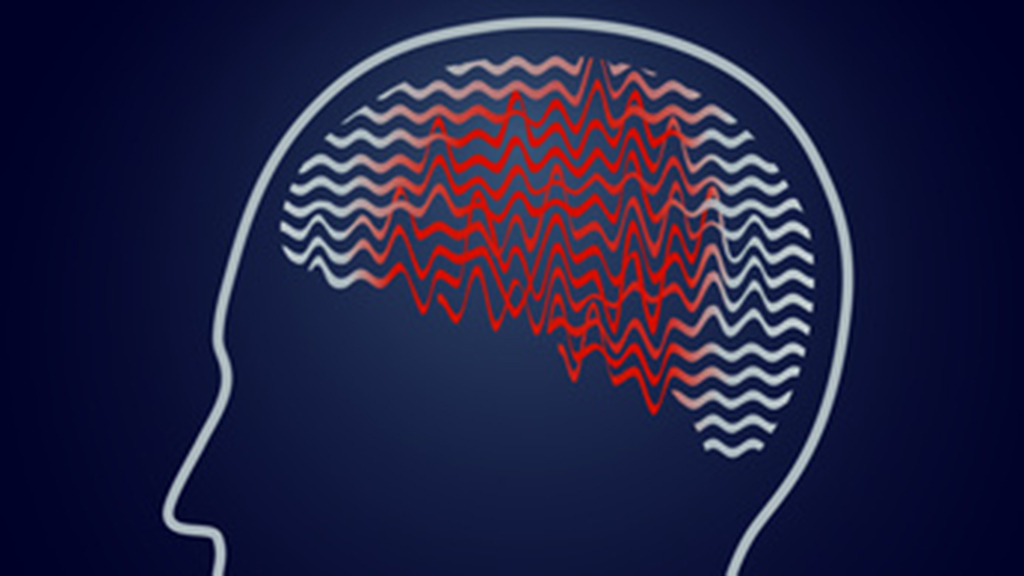Abstract
This case study was originally developed for undergraduate science students as part of an extracurricular competition, but it could also be delivered as a directed case. Accordingly two versions of the activity are included. Each version requires students to read the same story of a young boy who has been diagnosed with a form of epilepsy that does not respond to currently available medication. Through conversations with various clinicians and researchers, the boy's parents find out more about epilepsy in its clinical, social and scientific contexts. Version A of the challenge requires considerable creativity and independence as students prepare a grant proposal for a research idea to study epilepsy. Version B can be used by instructors who wish to run a more traditional directed case in which a dramatic scenario is accompanied by a set of questions that students answer in groups and discuss in class. Although the case topic is based in neuroscience, the material is accessible to general science students; the narrative provides sufficient background information without formal instruction.



